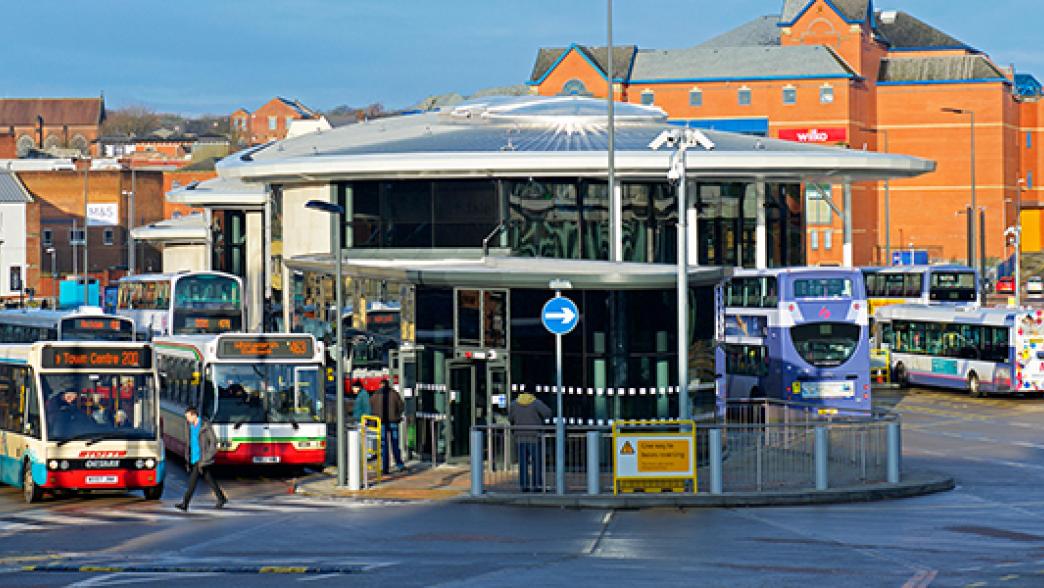How governments use evidence to make transport policy
The government’s ambitious transport plans will falter unless policy makers improve the way they identify and use evidence to inform their decisions.

The government’s ambitious transport plans will falter unless policy makers improve the way they identify and use evidence to inform their decisions.

Why the centre of government has failed successive prime ministers – and seven recommendations for radical reform.
Our annual, data-based assessment of the UK civil service, how it has changed and performed over the past year, and its priorities for the future.
The Treasury wields too much influence across government and dominates strategic thinking at the centre.
Rishi Sunak has to call a general election by 17 December.